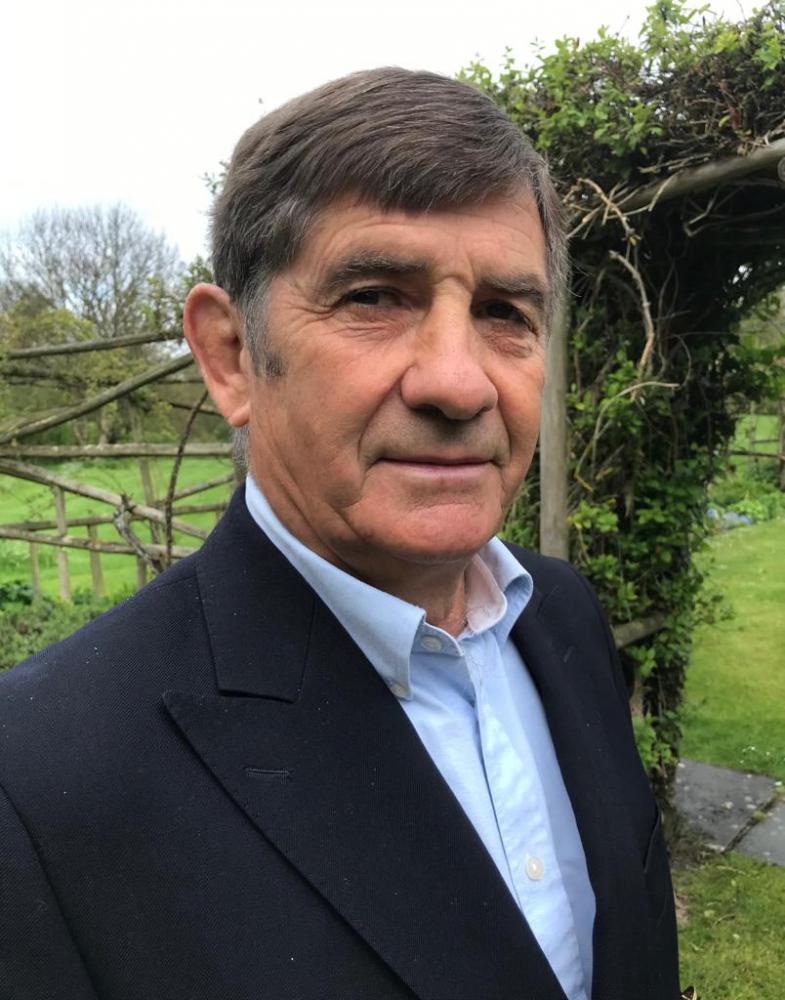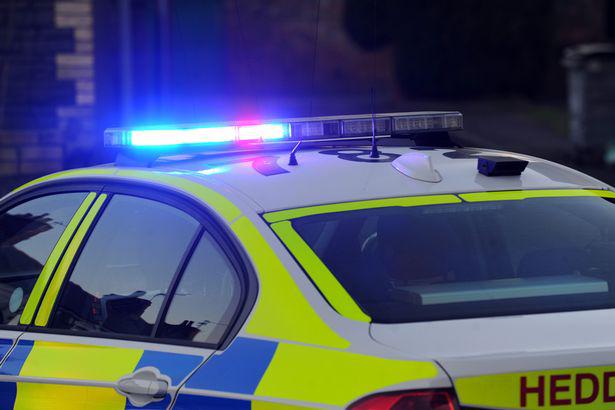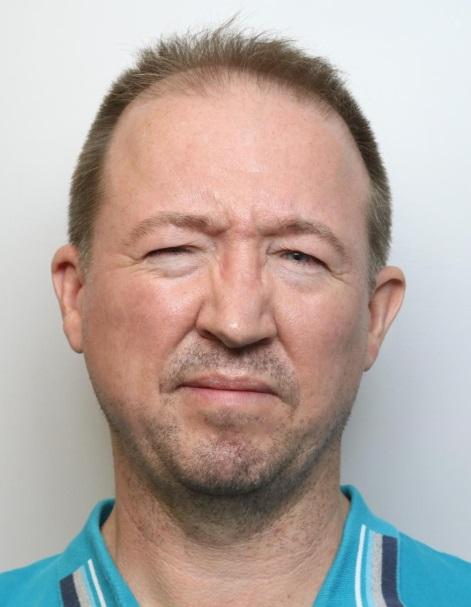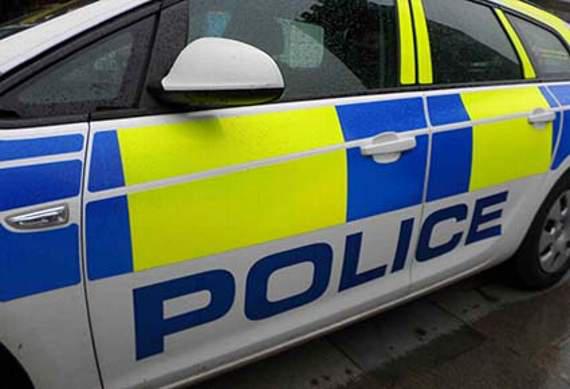Wiltshire and Swindon Police and Crime Commissioner Philip Wilkinson is marking Restorative Justice Week.
The week, which ends on 28 November, highlights a system which advocates say benefits victims, families, young people and offenders.
In Wiltshire, the specialist service promises to facilitate healthy conversations between those who have been harmed and those to have caused harm.
Those who back the principle of Restorative Justice say it offers victims of crime a level of resolution and possible closure, and can help those who cause harm to recognise and understand how their behaviour affects others.
For the past five years the Police and Crime Commissioner (PCC) has funded Restorative Together which acts as the lead provider for restorative practice across Wiltshire.
Mr Wilkinson said: “It is only by looking at the full picture of crime that we can start to address the causes; ultimately I want to get to a point where there is less crime and fewer victims.
“By facilitating difficult conversations between victims and offenders, Restorative Together is enabling victims to move forwards with their lives following harm and helps rehabilitate offenders by making them face the effects of their actions head on and has been proven to reduce reoffending by 14 percent.”
Both victims and perpetrators of crime can be referred to the service where trained facilitators will work with them to communicate directly or indirectly - by letter, shuttle communication or face-to-face.
Julia Gay, Restorative Justice Lead for Wiltshire Police, said: “Restorative Justice plays an important role within our criminal justice system.
“Finding closure and a way forward after a crime or incident is individual to each person who has experienced harm. Restorative Justice offers an individual approach and opportunity, giving victims the chance to ask the questions and find the answers that matters most to them.
“Restorative Justice in Wiltshire is made possible with a brilliant team of staff and volunteer facilitators. These trained volunteers give up their free time to guide and support victims and perpetrators through the process, and I cannot thank them enough for all they do.
“We are also supported by a network of partners who work alongside us every day as part of the referral process, raising awareness of restorative justice and Restorative Together, ensuring our communities are aware of the opportunities available.”
More information about Restorative Together, including the referral process, can be found at https://www.wiltshire-pcc.gov.uk/Horizon/restorative-justice/
In Wiltshire, the specialist service promises to facilitate healthy conversations between those who have been harmed and those to have caused harm.
Those who back the principle of Restorative Justice say it offers victims of crime a level of resolution and possible closure, and can help those who cause harm to recognise and understand how their behaviour affects others.
For the past five years the Police and Crime Commissioner (PCC) has funded Restorative Together which acts as the lead provider for restorative practice across Wiltshire.
Mr Wilkinson said: “It is only by looking at the full picture of crime that we can start to address the causes; ultimately I want to get to a point where there is less crime and fewer victims.
“By facilitating difficult conversations between victims and offenders, Restorative Together is enabling victims to move forwards with their lives following harm and helps rehabilitate offenders by making them face the effects of their actions head on and has been proven to reduce reoffending by 14 percent.”
Both victims and perpetrators of crime can be referred to the service where trained facilitators will work with them to communicate directly or indirectly - by letter, shuttle communication or face-to-face.
Julia Gay, Restorative Justice Lead for Wiltshire Police, said: “Restorative Justice plays an important role within our criminal justice system.
“Finding closure and a way forward after a crime or incident is individual to each person who has experienced harm. Restorative Justice offers an individual approach and opportunity, giving victims the chance to ask the questions and find the answers that matters most to them.
“Restorative Justice in Wiltshire is made possible with a brilliant team of staff and volunteer facilitators. These trained volunteers give up their free time to guide and support victims and perpetrators through the process, and I cannot thank them enough for all they do.
“We are also supported by a network of partners who work alongside us every day as part of the referral process, raising awareness of restorative justice and Restorative Together, ensuring our communities are aware of the opportunities available.”
More information about Restorative Together, including the referral process, can be found at https://www.wiltshire-pcc.gov.uk/Horizon/restorative-justice/









Your Comments
Be the first to comment on this article
Login or Register to post a comment on this article